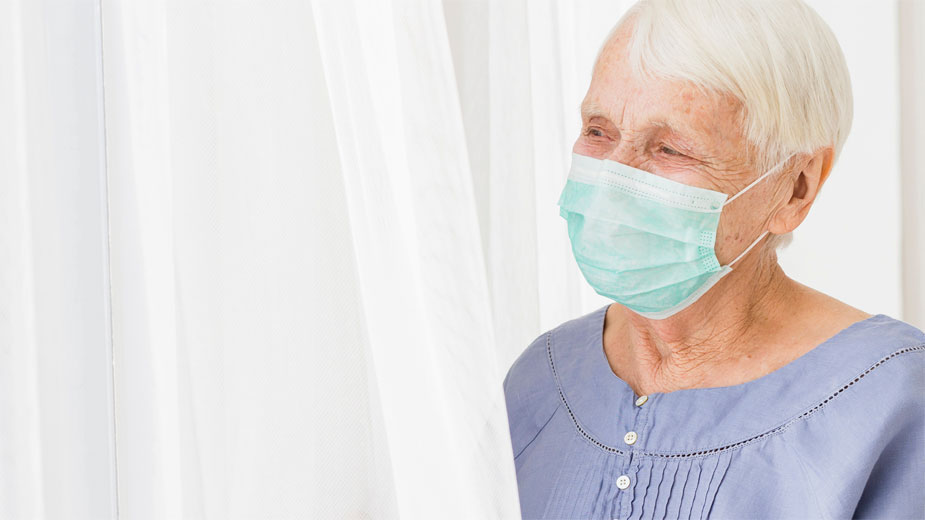DeWine Demands More Specific Info From Long-term Care Centers
YOUNGSTOWN, Ohio — When Gov. Mike DeWine took office, one of his goals was to have more info available for decision makers, including elected officials and the public, he said. During his eight years as Ohio attorney general, he said he was frustrated by the lack of timely information regarding the drug epidemic in the state.
“It is really imperative in this particular crisis that we balance the public’s right to know and our obligation to protect Ohioans’ health privacy rights,” DeWine said during his daily briefing Monday.
Last week, the state began publishing information on positive cases in long-term care centers, including nursing homes. The administration found “inconsistent information, inconsistent reporting,” which caused inaccurate data. The information was taken down from Coronavirus.ohio.gov, he said.
The department of health is in the process of correcting the information, he said. The updated data will be posted on the website at 2 p.m. on Wednesday.
“Further, I have directed the department of health to collect more specific information regarding nursing homes,” he said. “This data will include COVID-19 cases broken down in each nursing home category by residents and staff.”
The website will report new information as well as cumulative numbers for each specific nursing home and assisted living where positive diagnoses have been identified, he said. Data will be broken down by location and county, he said. The numbers will be updated every Wednesday.
Death counts will also be updated at the county level, he noted. That reporting will likely begin next week.
In an effort to provide more accurate information regarding Ohio hospitals, the Ohio Disease Reporting System is being modified to “accurately collect case information for individuals who are in direct care providers who are direct care providers at hospitals,” he said. The information will include the name of the hospital where that provider works.
“I expect this data to be available very soon,” DeWine said. “To put in plain English, you will be able to see by hospital the number of their health-care staff that, if any, have come down with COVID-19.”
While Ohio law permits the release of aggregated data on the coronavirus website, it doesn’t allow for release of data that’s so specific that, when paired with other public information, it can lead to positive identification of patients and infringing on their personal privacy rights, he said.
Dr. Amy Acton, director of the Ohio Department of Health, reiterated that the new data being released needs to be taken in context. One part of the original order was that long-term care centers were mandated to inform families of residents of any positive COVID-19 cases, whether it be a resident or employee.
“I think that’s very vitally important, because we are going to see folks get sick in nursing homes. We will see some folks die,” Acton said. “And that doesn’t necessarily mean that they’re getting bad care.”
However, as with any congregate site, long-term care centers are particularly vulnerable to coronavirus spread. So it’s important for those centers and the families “to keep that dialogue open,” she said.
“What is not acceptable is for folks to be left unawares,” she says. “We do have the right to know what’s happening with our loved ones.”
Copyright 2024 The Business Journal, Youngstown, Ohio.



